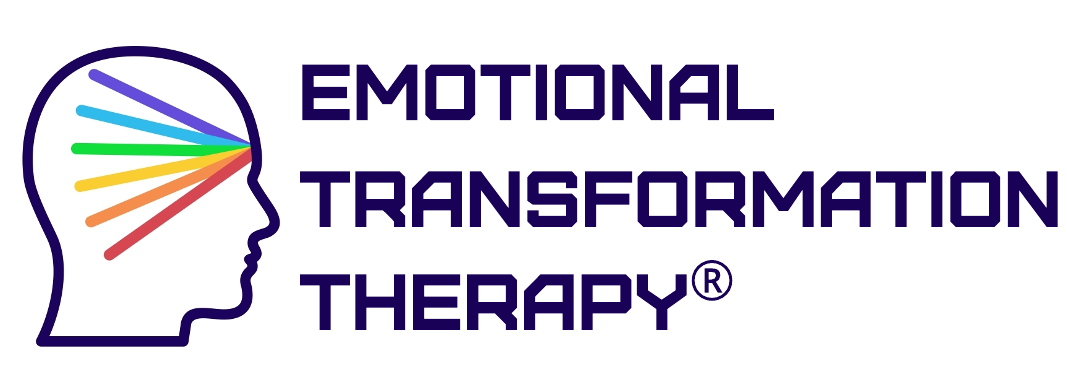ETT Addiction Treatment Training
This is an introduction to the evidence-based new addiction treatment that can reduce and eliminate addictive craving by implementing Emotional Transformation Therapy (ETT®). Its treatment goal extends beyond sobriety to the resolution of the addictive template. Participants need to have completed ETT® Levels 1-3.
This is the first form of psychotherapy that accesses and disengages the brain's addictive neural network. This method resolves both addictions and co-occurring disorders. During this course clinicians will explore in-depth case studies wherein numerous preliminary trials subjects experienced no relapses after one year. Since the desire to pursue the addictive source was eliminated by this treatment method, subjects did not feel deprived of the addictive source after recovery. This approach is based on several relatively new scientific discoveries and implemented through the method of Emotional Transformation Therapy® (ETT®).
The new discoveries that changed addiction treatment possibilities include the following:
The scientific discovery in genetics that gene expression can be changed by psychosocial influences suggests that conditions that were previously believed to be unchangeable are incorrect. This means that the expression of the gene responsible for all addictions can potentially be changed by certain forms of interpersonal therapy.
The discovery and scientific research about attachment disorders and their role in emotional regulation provided a new understanding about how emotional patterns are controlled. By facilitating change in attachment issues, emotional distress does not tend to cause a need for an addictive remedy.
The scientific discovery of the exact brain mechanisms involved in addictions is called the Reward Deficiency Syndrome and has provided an understanding of how the brain produces neurotransmitters for addictions. This means that if the therapeutic process can target and change these brain mechanisms, the addiction can change.
The scientific discovery of memory reconsolidation has shown that resolving core emotional memory underlying symptoms of depression, anxiety, PTSD, and now addictions can permanently eliminate these conditions.
The discovery of Emotional Transformation Therapy® (ETT®), which is an attachment based interpersonal process whose outcomes are radically amplified by precise visual brain stimulation, can consistently facilitate changes in emotional distress and physical pain within minutes. Then the pattern of distress can be changed within a few sessions.
It is widely believed that addiction is a spiritual issue or can be resolved by a spiritual awakening. A newly developed ETT® process can be used to facilitate states of extreme wellbeing that may produce a spiritual awakening for many people. Theory, research, and case studies will illustrate this concept through lecture-discussion, and possibly live demonstrations.
Clinicians will be able to:
List four issues that make addiction treatment fail
List three problems with treating drug addictions with drugs
Describe three key brain mechanisms involved in the Reward Deficiency Syndrome
Describe routes of access to core emotional memory from which addictions arise
List five steps in the therapeutic process for the permanent elimination of addictions
Describe the Addictive Template Model ETT® used for resolving addictions
Learn how to consistently eliminate addictive craving within 15 minutes but it may have to repeated
Course Objectives:
List four issues that make addiction treatment fail
List three problems with treating drug addictions with drugs
Describe three key brain mechanisms involved in the Reward Deficiency Syndrome
Describe routes of access to core emotional memory from which addictions arise
List five steps in the therapeutic process for the permanent elimination of addictions
